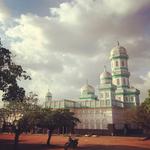Welcome to my personal website.
Scroll down to check out my work.
Biography
I am an Associate Senior Lecturer (Associate Professor) at the Department of Peace and Conflict Research at Uppsala University in Sweden. My research focuses on the dynamics of violence and governance in civil war, electoral violence, and postwar violence in sub-Saharan Africa, notably Côte d’Ivoire. I received my PhD in 2021 for my dissertation “Guns and Governance: Local Elites and Rebel Governance in Côte d’Ivoire”. In 2020, the Conflict Research Society awarded me with the Cedric Smith Prize for the best article in peace and conflict research by a PhD student. My research has been published in journals such as American Political Science Review, Journal of Peace Research, International Studies Review, Comparative Political Studies, European Journal of International Relations, Terrorism & Political Violence, and African Affairs.
I am the Principal Investigator of Opting out? Explaining the effectiveness of election boycotts, a three-year research project funded by the Swedish Research Council.
Some of my recent op-eds featured in Political Violence @ a Glance, Democracy in Africa, and Global Bar Magazine.
Prior to completing my PhD, I worked as a freelance journalist and ski instructor. When not doing research I enjoy watching football (Barcelona, Ajax, the Netherlands), traveling, and cooking.
Download my resumé.
- Dynamics of civil war
- Rebel governance
- Nonviolent action
- Electoral violence
- Postwar violence
-
PhD in Peace & Conflict Research, 2021
Uppsala University
-
MSSc in Peace & Conflict Research, 2015
Uppsala University
-
BA in Political Science, 2012
Uppsala University
Research projects, op-eds, and news
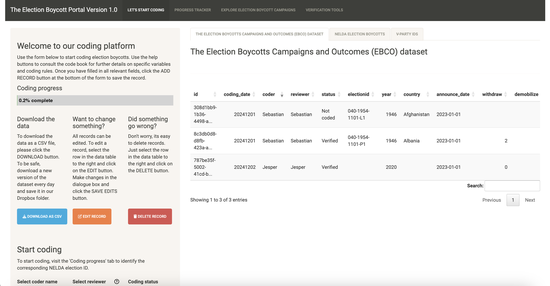
Tutorial: Build your own data collection app in R
Are you embarking on a data collection project that aims to create a new dataset? Exciting! This tutorial describes how to make an online app that allows you and your team of coders to input information and save it to your dataset. external_link.

Debatt: Har Sverige nedmonterat sitt fredsbyggande arbete?
A discussion in P4 Morgon with minister of foreign aid Benjamin Dousa. external_link.

Sverige måste återuppta sitt arbete för fred på jorden
An op-ed for Dagens Nyheter Debatt. external_link.
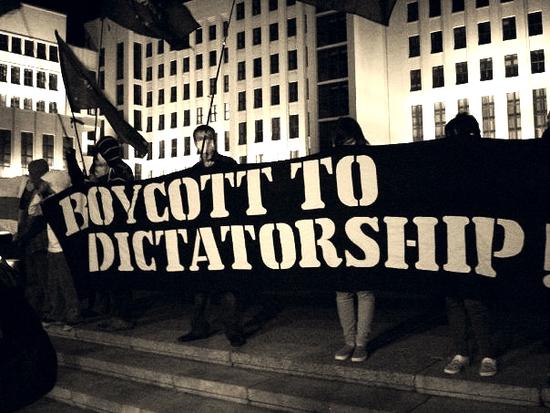
Opting Out? Explaining the Effectiveness of Election Boycotts
A three-year research project funded by the Swedish Research Council. external_link.
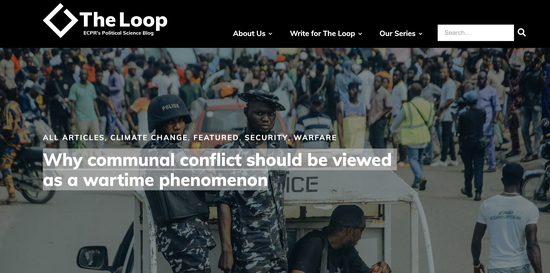
Why communal conflict should be viewed as a wartime phenomenon
An op-ed for The Loop. external_link.
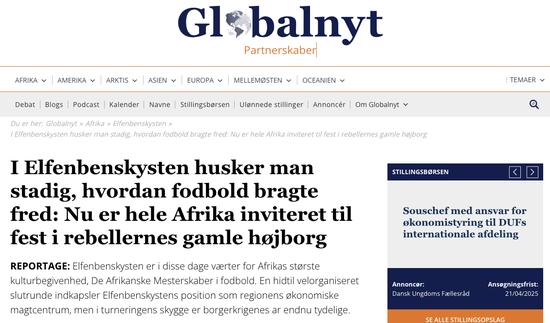
I Elfenbenskysten husker man stadig, hvordan fodbold bragte fred: Nu er hele Afrika inviteret til fest i rebellernes gamle højborg
Interviewed in Globalnyt (in Danish). external_link.
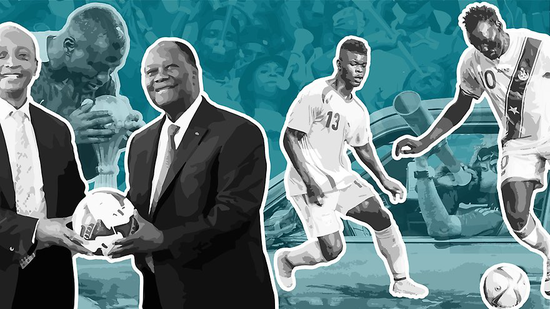
Field of dreams: The politics and power of the Africa Cup of Nations
The cost of ignoring the power of football can sometimes be quite high, even in the context of war. Interview in the Nordic Africa Institute’s podcast. external_link.

Ex-Credit Suisse Chief Tidjane Thiam Takes First Step in Campaign to lead Ivory Coast
Interviewed in Financial Times. external_link.
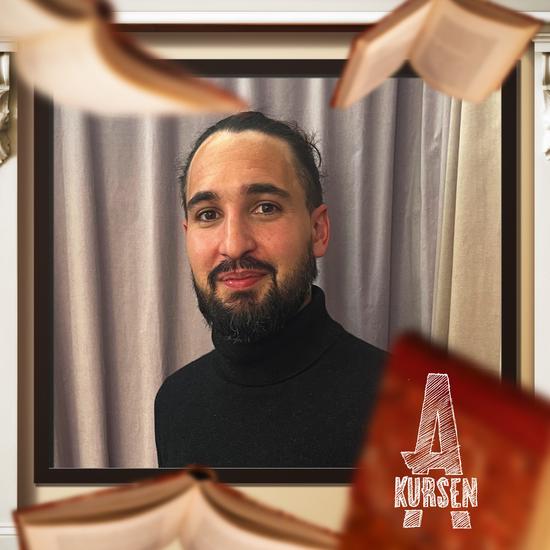
Är Tredje Världskriget Snart Här?
Interview in the popular science podcast A-kursen. external_link.
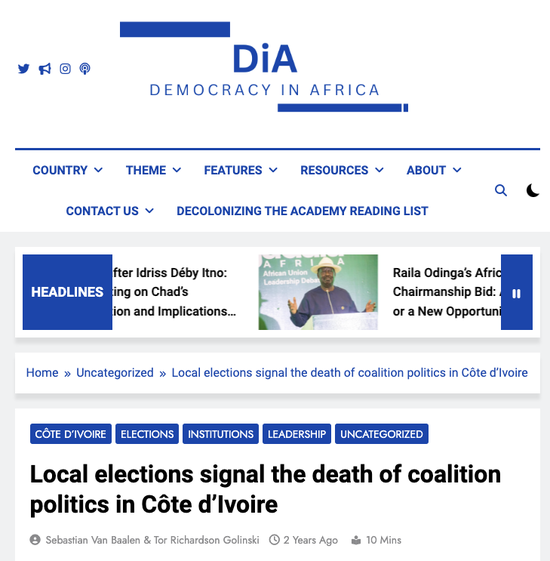
Local Elections Signal the Death of Coalition Politics in Côte d’Ivoire
An op-ed for Democracy in Africa. external_link.
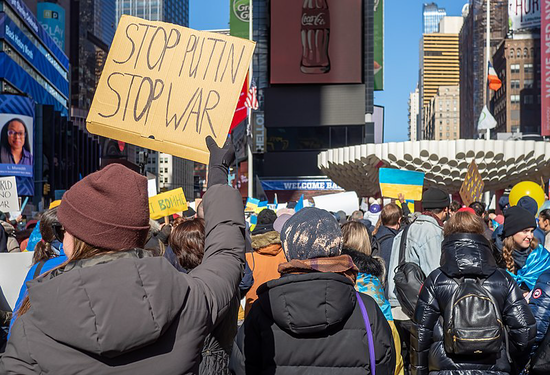
Can Nonviolent Civil Resistance Stop Putin?
An op-ed for Political Violence @ A Glance. external_link.

Ickevåldsmotståndet som utmanar Putin
An op-ed for Utrikesmagasinet. external_link.
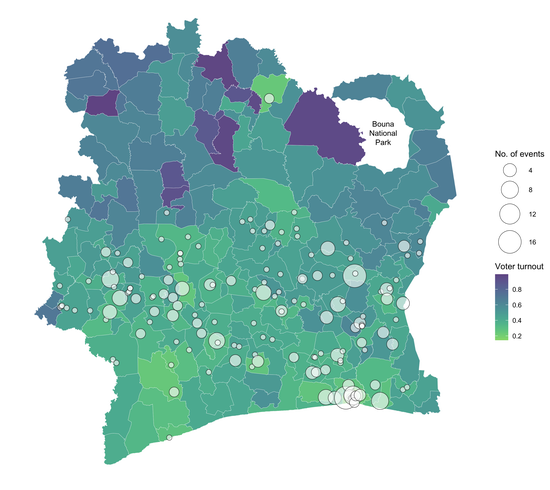
Electoral Violence in Côte d’Ivoire Dataset
A subnational event dataset of electoral violence in Côte d’Ivoire (2020-2021).
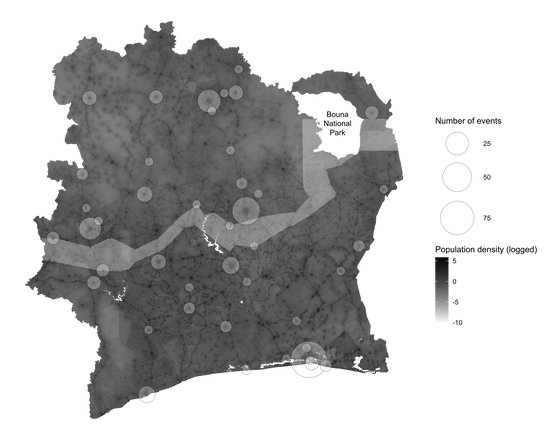
Wartime Civilian Protest in Côte d’Ivoire (WCP-CI) Dataset
A subnational event dataset of civilian protests during the Ivorian civil war (2002-2011).
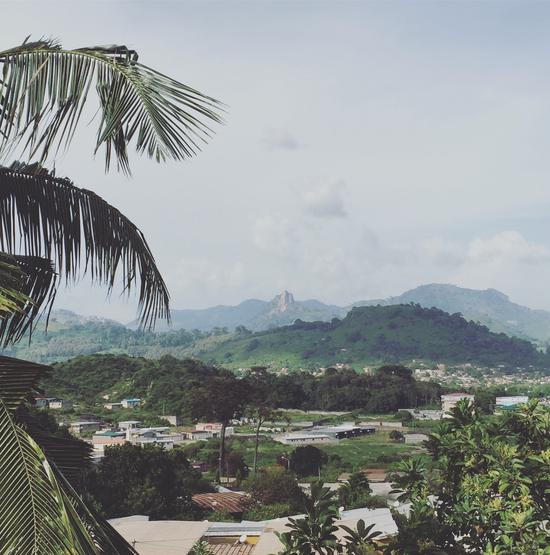
Elfenbenskusten: Risk för våld vid ifrågasatt val
An op-ed for Global Bar Magazine. external_link.
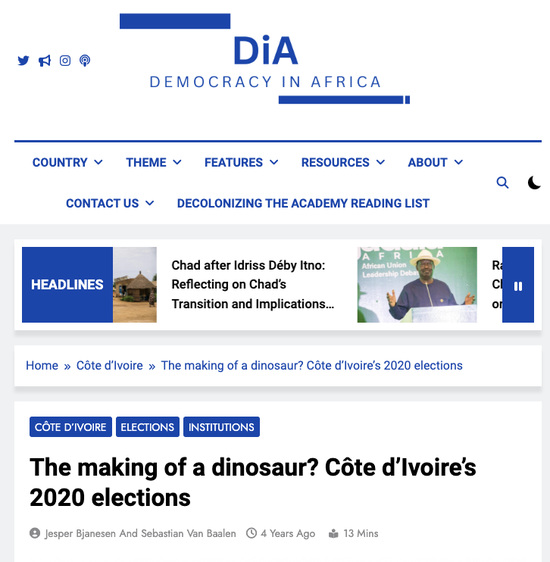
The making of a dinosaur? Côte d’Ivoire’s 2020 elections
An op-ed for Democracy in Africa. external_link.
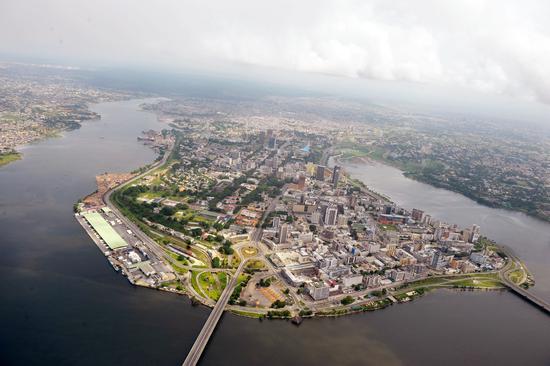
Alliances of Anarchy: Actor Constellations and Patterns of Electoral Violence
A four-year research project funded by the Swedish Research Council. external_link.
Crossing the Rubicon: The Dynamics of Restraint in Civil War
A three-year research project funded by the Swedish Research Council. external_link.
Featured research
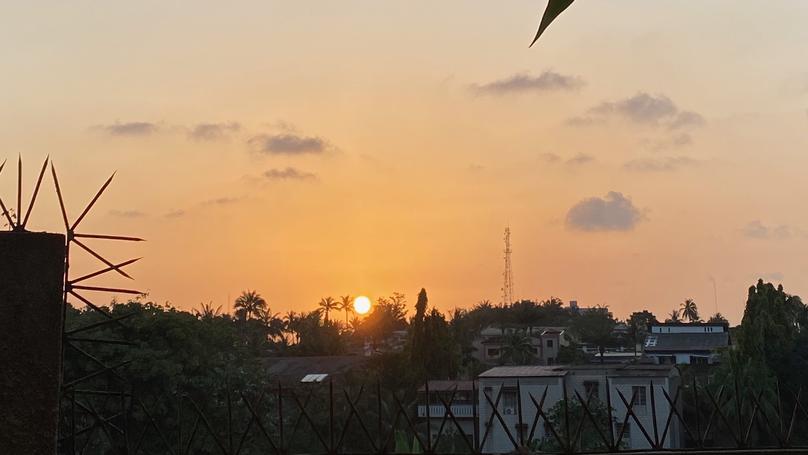
Why do some city districts experience more severe postwar violence than others? Existing research on both postwar and electoral violence indicates a relationship between “strongholds” and political violence, but often overlooks the violence’s spatial character. We adopt a spatial perspective and view postwar violence in cities as part of a contest for political territorial control. Our argument is that postwar violence will be more severe in districts where the opposition exercises higher degrees of territorial control, which pushes the incumbent to use violence to dismantle opposition control, and the opposition to violently defend their turf. We put our theory to an initial test by comparing three districts in postwar Abidjan, drawing on a combination of georeferenced event data, field research, and secondary sources. The study highlights the close connection between space and postwar violence, and underscores the need for more spatial conceptualizations of strongholds in studies of political violence.
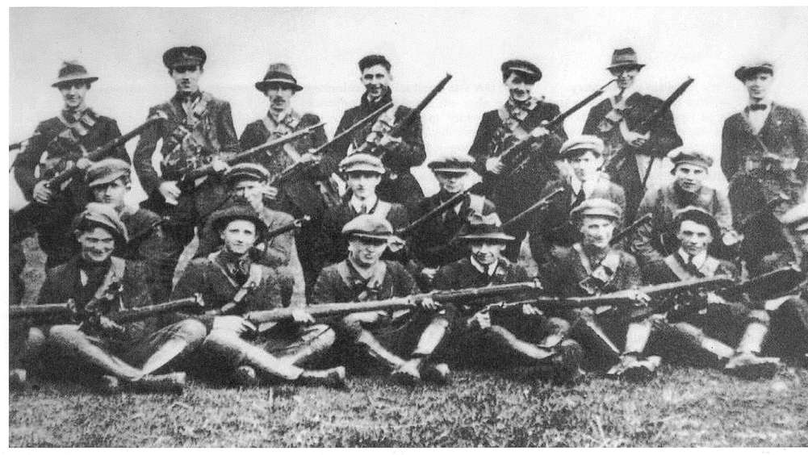
Under what conditions do rebels succeed in establishing functional institutions in state-dominated areas? Canonical theories of rebel governance and state formation insist that territorial control is a necessary precondition for the development of governing institutions. Yet despite growing recognition that this claim is empirically incorrect and theoretically limiting, we lack knowledge about the conditions under which rebels succeed in governing civilians in areas where the state dominates. We argue that low state governance responsiveness towards rebel constituencies enables insurgents to overcome the challenges associated with establishing institutions in state-dominated areas. Low state responsiveness increases popular demand for insurgent institutions, decreases the costs associated with governing, and enables insurgents to collude with civilians to hide their institutions. Case studies from Ireland, South Africa, and Algeria illustrate our propositions. Our findings deepen knowledge on how rebels govern and expand their territorial reach, and shed light on alternative trajectories of state formation.
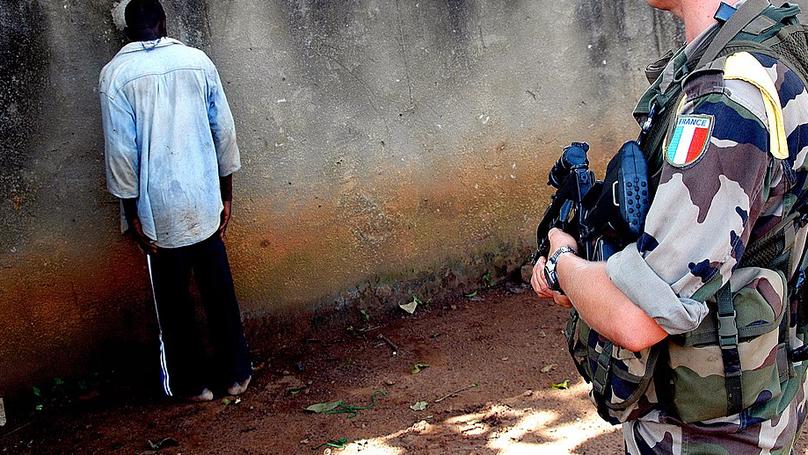
How does civilian protest shape civil war dynamics? Existing research shows that civilian protests against violence and war contribute to peace and restrain violence against civilians. There is less research on civilian protests that are at odds with peaceful conflict resolution, such as protests to salute armed actors, advocate against peace agreements, and oppose peacekeepers. This study develops a novel typology of wartime civilian protest that brings together protests to different ends, and theorizes the heterogeneous effects of protest on civil war dynamics. Using quantitative and qualitative evidence from new disaggregated and georeferenced event data from Côte d’Ivoire, the study demonstrates that—contingent on certain demands—protests were associated with violence against civilians, violence involving peacekeepers, and failed conflict resolution. These findings contribute new knowledge on how civilians shape the dynamics of civil war, and caution that nonviolent civilian action may not only be a force for de-escalation and peace.
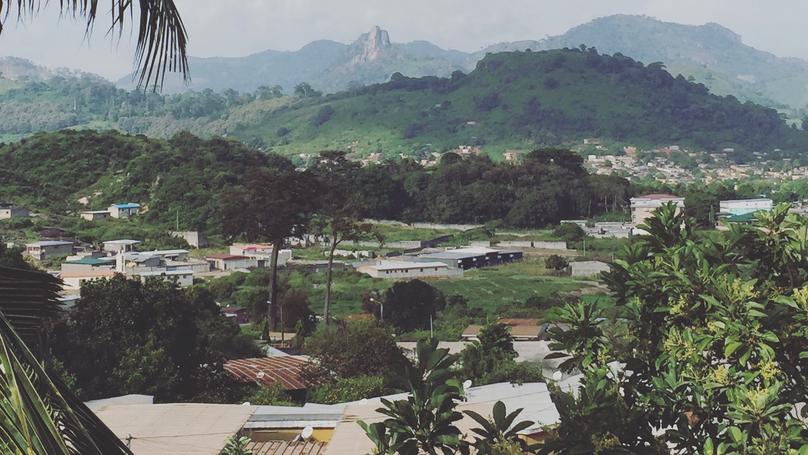
Violent communal conflicts between identity-based groups are a severe threat to human security and development. While most communal conflicts take place in civil war-affected countries, communal conflict is not an inevitable byproduct of civil war. What explains communal peace in civil war? Existing research tends to overlook interlinkages between communal conflict and civil war, meaning that knowledge on how armed groups exacerbate or mitigate communal conflicts is limited. Combining insights from research on communal conflict and non-state armed groups, this study proposes that communal conflicts are less severe in areas controlled by legitimacy-seeking armed groups that seek acceptance for its political authority and right to rule from domestic and international audiences. Legitimacy-seeking armed groups have greater incentives to develop institutions and practices that prevent both communal conflict onset and escalation, which helps keep communal peace. The study examines the argument through a natural experiment in western Côte d’Ivoire, where more legitimacy-seeking and more legitimacy-indifferent armed groups came to control proximate and highly comparable communities because of an arbitrary ceasefire line. Using process-tracing to analyze unique interview and archival sources, the study demonstrates that communal conflicts were far deadlier in areas controlled by the more legitimacy-indifferent militias than in areas controlled by the more legitimacy-seeking Forces Nouvelles rebel group. These findings highlight that armed groups can be both agents of wartime disorder and order, and contribute new insights on communal peace in the shadow of civil war.

